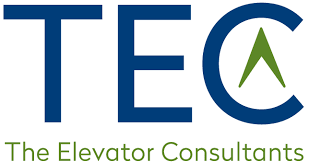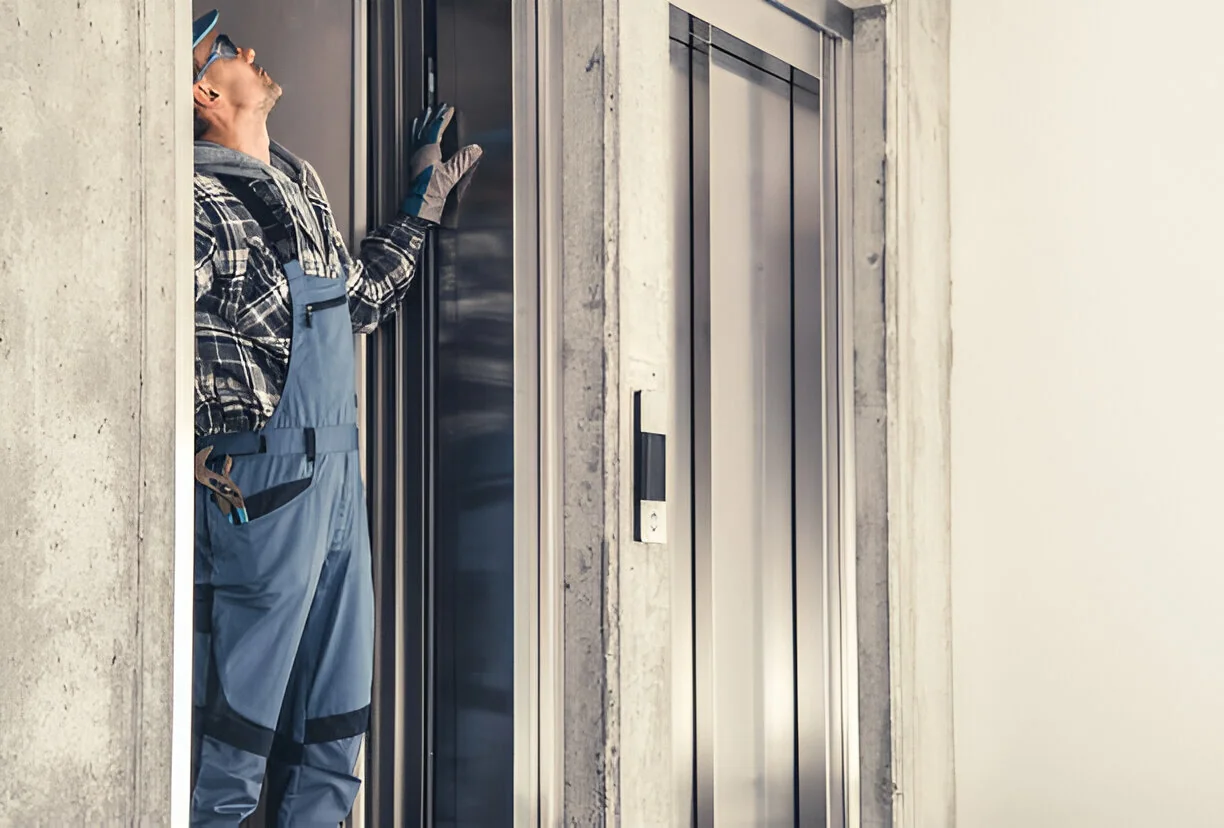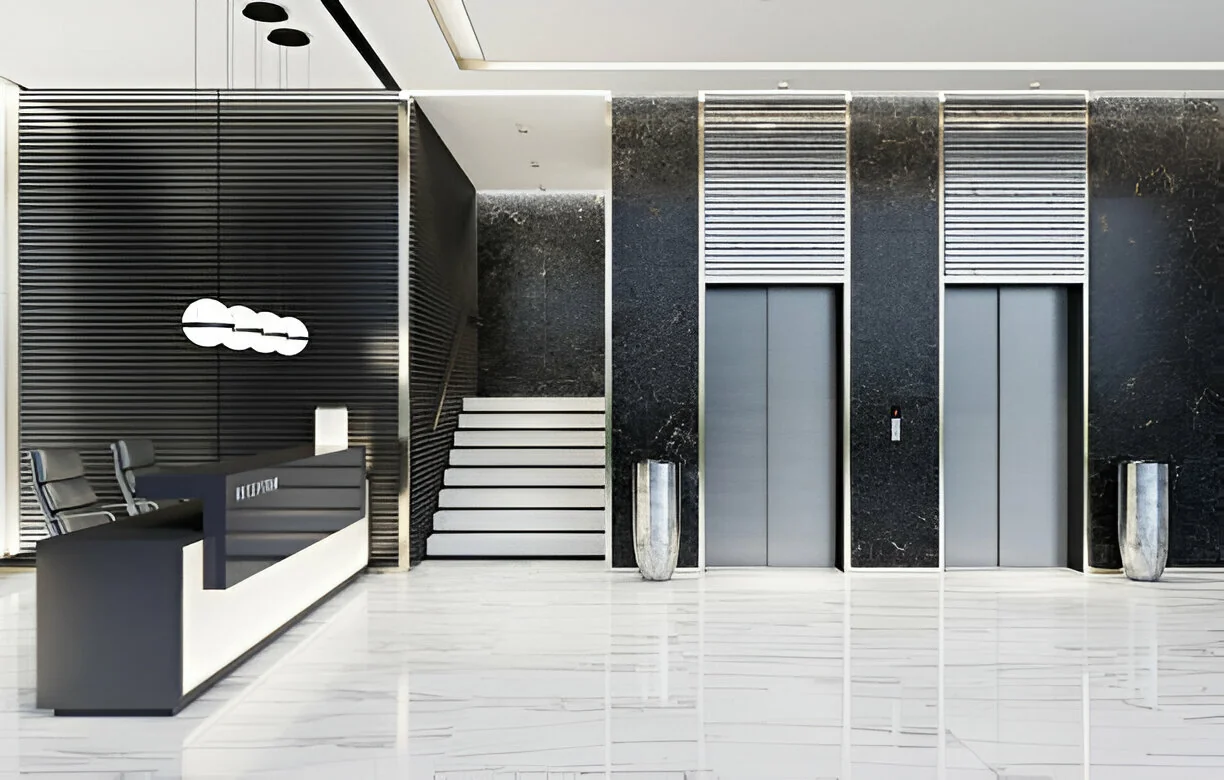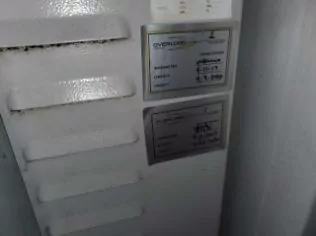Why an Elevator Audit Matters
For buildings with elevators, moving people and goods is critical for smooth and efficient operations. An elevator audit, also referred to as an elevator survey, elevator assessment, or elevator performance audit, provides a comprehensive review of your elevator system’s condition. It also examines the quality of service you’re receiving. Unlike mandatory inspections conducted by authorities having jurisdiction (AHJ), which ensure compliance, a performance audit or service audit evaluates service and performance. Moreover, it identifies inefficiencies, potential safety issues, value engineering, and areas for cost savings. A building should explore the elevator audit process. The benefits offered and the reasons for partnering with elevator consultants like The Elevator Consultants (TEC) are essential for optimal elevator management.
Elevator Audits vs. Inspections: What’s the Difference?
Although people sometimes use “audit” and “inspection” interchangeably, the two serve different purposes:
- Audit: An elevator audit, led by an independent elevator consulting firm, evaluates overall performance, maintenance quality, and contract compliance. It provides actionable insights on safety, reliability, accountability, and cost-efficiency for both the short and long-term.
- Inspection: An inspection is typically conducted by local authorities having jurisdiction to ensure an elevator meets minimum safety codes, often to issue or renew compliance certificates. Inspections focus solely on current code compliance, while an audit considers performance, maintenance quality, and potential future issues.
The Elevator Audit Process
The audit process includes multiple steps, each designed to give building owners a clear picture of their elevator system’s health and the effectiveness of the service they’re paying for.
- Initial Consultation: The process begins with a consultation to understand the specific needs and goals of the building manager or owner.
- On-Site Evaluation: Consultants examine all key elevator components, such as motors, door systems, cables, and several other items, checking for wear, service, alignment, and general condition.
- Service Contract Review: Consultants review existing maintenance contracts, identifying discrepancies between contract terms and actual services. This step is crucial for detecting overcharges, missed maintenance, or improperly executed repairs, which are common yet preventable costs.
- Data and Record Analysis with Technology: Audits also involve analyzing service history, callback records, and invoices. TEC often uses tools like ElevatorApp™ to track maintenance schedules, inspection dates, and service histories in real time. This data-driven approach helps clients make informed decisions on maintenance, compliance, and modernization needs while minimizing human error and maximizing accountability.
- Punch List Creation: At the end of the evaluation, a punch list of deficiencies, detailing the specific repairs or adjustments needed to optimize elevator performance, is provided. This punch list becomes an actionable plan for both the building management and service provider to address immediate and long-term issues.
Real-World Example: How an Elevator Audit Can Transform Operations
To illustrate the audit’s impact, consider a property management firm that recently engaged TEC for an elevator audit across multiple properties. Despite regular safety annual inspections, their elevators frequently broke down. Tenants were frustrated, and maintenance costs were steadily rising. The audit revealed that many scheduled maintenance tasks weren’t being completed. It also showed that service contracts were overly complex and unbalanced. These billing inconsistencies were costing the firm thousands each month.
Using the findings from TEC’s elevator service audit, the firm engaged in a new service contract for more accountability. They addressed all identified maintenance lapses. As a result, the client saw a 70% reduction in elevator downtime. There was also a 45% drop in maintenance costs and a dramatic improvement in tenant satisfaction. This example demonstrates the transformative power of an audit in enhancing operational efficiency and controlling costs.
Key Benefits of an Elevator Audit
Contract Compliance
Contract compliance are top priorities for any elevator audit. The findings provide building managers with a clear understanding of contract compliance issues, helping them address deficiencies proactively and ensure elevators meet contract terms and industry best practices.
Cost Control and Savings
Audits often reveal hidden costs from unnecessary repairs, contract inconsistencies, and inflated service charges. For instance, an audit can identify service overlap or tasks charged but not performed by elevator contractors. TEC’s audits have uncovered significant savings for clients by identifying these overcharges, helping control operating expenses.
Extended Equipment Life and Reduced Downtime
An elevator audit helps ensure that maintenance issues don’t evolve into costly repairs. Proactive adjustments and repairs identified in an audit can extend the elevator’s lifespan. Furthermore, they reduce unexpected breakdowns, which is especially valuable in high-traffic or mission-critical environments like hospitals or commercial buildings.
Improved Tenant and Visitor Satisfaction
An efficiently operating elevator is critical to tenant and visitor experience. With fewer breakdowns, shorter wait times, and reliable service, tenants are more satisfied. This can improve occupancy rates and reduce complaints. For property managers, this translates to a stronger reputation and tenant retention.
Unbiased, Expert Insights
A key value of an elevator audit is the independent, unbiased perspective it offers. Elevator consultants work solely to identify areas for improvement without a conflict of interest. This impartiality ensures building owners receive honest recommendations tailored to their building’s unique needs.
Data-Driven Decision Making
Audits generate invaluable data, empowering building owners to make strategic decisions. Platforms like ElevatorApp™ allow for seamless record-keeping and data analysis. They track everything from maintenance schedules to compliance status. With this information at their fingertips, building managers can avoid costly oversights and plan for long-term efficiency.
Common Deficiencies Uncovered in Audits
Here are some frequent issues uncovered during elevator audits:
- Missed preventative maintenance that impacts life cycle, performance and safety.
- Non-compliant components which can pose risks to passengers.
- Improper billing practices, including charges for incomplete services or duplicate parts.
Having this knowledge allows building managers to proactively address issues, preventing future costs and improving elevator reliability.
The Punch List: Your Path to Improved Operations
At the audit’s conclusion, elevator consultants provide a punch list of an actionable summary of all needed improvements and repairs. This punch list includes:
- Contract compliance issues that need immediate attention.
- Maintenance recommendations to optimize long-term performance.
- Financial insights on areas where costs could be controlled, like redundant repairs or unjustified charges.
The punch list serves as a roadmap for holding elevator service providers accountable. It ensures required tasks are completed promptly. This is a critical tool for any building manager aiming to elevate elevator performance and operational efficiency.
Why Clients Value an Elevator Audit
Building managers and owners appreciate audits for multiple reasons:
- Clarity and Transparency: Audits simplify the complex technical aspects of elevator maintenance, making it easier to verify that maintenance activities are accurate and essential.
- Cost Efficiency: Audits frequently uncover unnecessary expenses, resulting in immediate and long-term financial benefits.
- Peace of Mind: Knowing that elevators are in safe, operational condition and compliant with all regulatory standards is a tremendous relief for any property manager.
- Ongoing Partnership and Follow-up: After the audit, TEC partners with clients to ensure all deficiencies are corrected and that service standards remain high. This ongoing relationship helps ensure compliance and keeps service providers accountable, delivering continuous improvements over time.
Elevate Your Elevator Operations with an Audit
An elevator audit isn’t just a contract compliance exercise. It’s a strategic asset for elevating the life cycle, efficiency, and cost-effectiveness of your building’s vertical transportation. Partnering with an independent professional firm like The Elevator Consultants provides building owners with expert, unbiased insights. These go beyond standard maintenance checks.
For building professionals managing elevators, an audit provides actionable, data-driven recommendations to keep your elevators performing reliably and safely, prepared to meet today’s standards and tomorrow’s challenges. Contact The Elevator Consultants to schedule an initial assessment and discover how an elevator audit can benefit your building’s operations.




